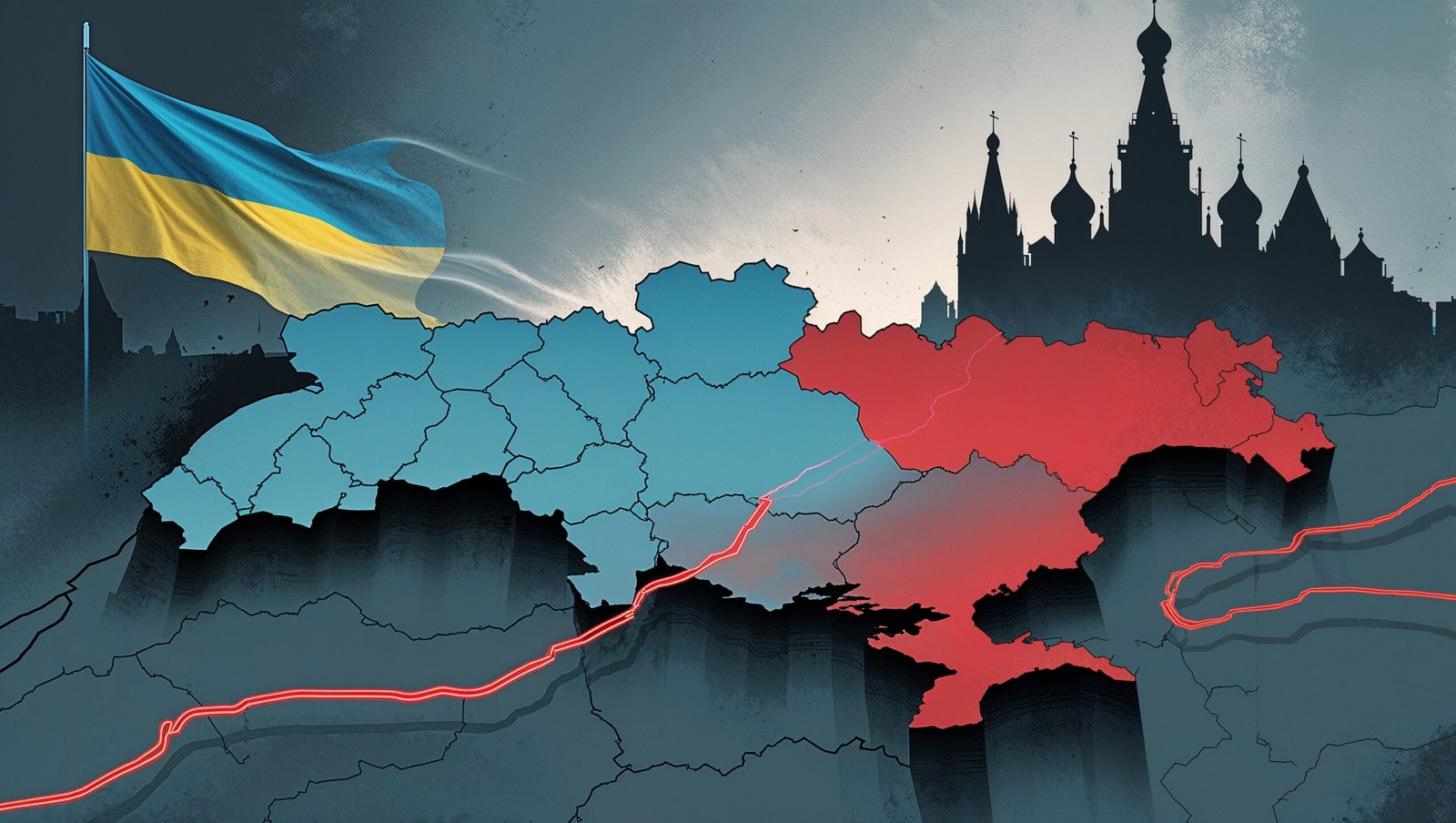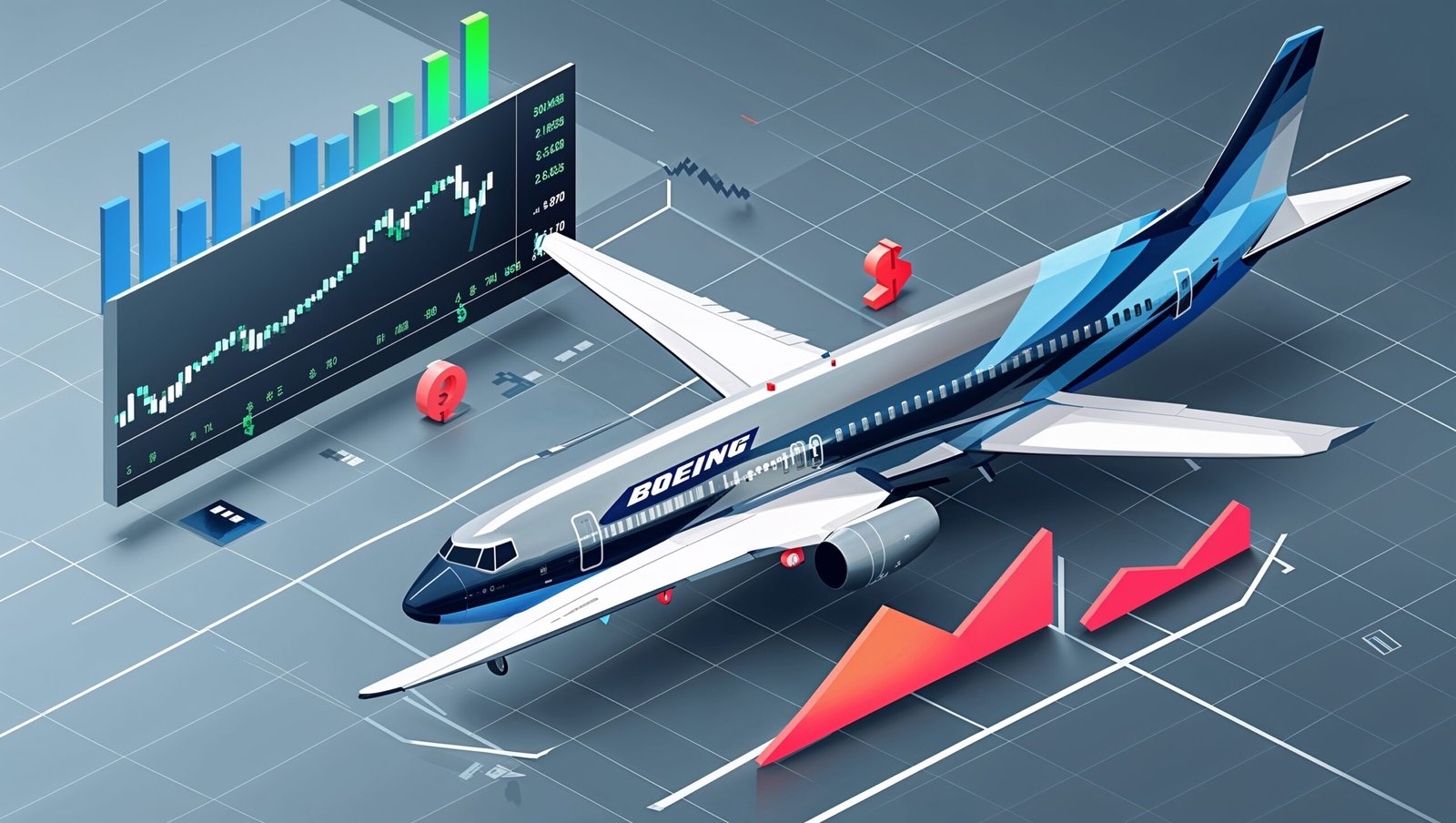The Russia-Ukraine Situation: An In-Depth Analysis
The ongoing conflict between Russia and Ukraine has garnered significant international attention over the years, as it not only affects the two nations involved but also has wider implications for global geopolitics. The tensions between these neighbors have deep historical, political, and social roots that make understanding their complexities imperative for comprehending the current state of international relations.
Historical Context
The tumultuous relationship between Russia and Ukraine can be traced back centuries. Historically, Ukraine has been influenced by both Western and Eastern cultures due to its geographical location, serving as a cultural and political bridge between Europe and Asia. This dual heritage is evident in its linguistic diversity, with both Ukrainian and Russian widely spoken by the population.
Under the auspices of the Soviet Union, Ukraine was one of the constituent republics until the dissolution of the USSR in 1991. The dissolution led to Ukraine becoming an independent nation, and it sought to establish its own identity and autonomy on the world stage. However, this period also marked the beginning of various political and territorial disputes with Russia, which have escalated over time.
Political Dynamics
The political situation in Ukraine has been characterized by internal divisions and external pressures. Ukraine’s strategic importance lies in its geographic position and natural resources, making it a focal point of interest for both Russia and Western powers. Politically, the nation has oscillated between pro-Russian and pro-European factions, leading to domestic unrest and changes in leadership.
The conflict reached a boiling point in 2014 when Russia annexed Crimea, a peninsula that was part of Ukraine. This move was highly controversial and condemned by much of the international community, leading to economic sanctions against Russia and heightened tensions in the region. The annexation was seen as a violation of Ukraine’s sovereignty, and it has been a point of contention in diplomatic discussions ever since.
Social and Cultural Impact
The ongoing conflict has had profound social consequences on both Ukraine and Russia. In Ukraine, it has led to displacement and hardship for thousands of people, disrupting the lives of communities and contributing to a humanitarian crisis. For many Ukrainians, the conflict is not just about territorial integrity but also about cultural identity and the right to self-determination.
In Russia, the situation has fueled nationalistic sentiments and has been used by the government to bolster domestic support. The narrative of protecting Russian-speaking populations outside its borders has resonated with a portion of the Russian public, though it has also drawn criticism from various international observers.
Economic Implications
Another significant aspect of the Russia-Ukraine situation is its economic repercussions. The imposition of sanctions on Russia by the United States and the European Union has affected its economy, impacting trade and financial markets. The conflict has disrupted Ukraine’s economy as well, especially in areas like agriculture and industry, which are critical to the country’s economic health.
Moreover, the situation has affected global energy markets, as both Russia and Ukraine play pivotal roles in the supply of oil and gas to Europe. Any disturbance in this supply chain could have broader implications for energy prices and economic stability in Europe and beyond.
International Response and Future Prospects
The international response to the Russia-Ukraine conflict has varied, with some countries advocating for diplomatic resolutions while others have taken more punitive measures against Russia. Organizations such as the United Nations, NATO, and the European Union have been involved in attempts to mediate and de-escalate tensions, though a long-lasting resolution remains elusive.
Looking forward, the future of the Russia-Ukraine conflict will depend on a myriad of factors, including domestic political changes, international diplomacy, and broader geopolitical shifts. The situation remains fluid, and any developments could have significant repercussions for the balance of power in the region.
People Also Ask
- What caused the Russia-Ukraine conflict? The conflict stems from a combination of historical tensions, territorial disputes, and political dynamics, exacerbated by the 2014 annexation of Crimea by Russia.
- How has the international community responded to the Russia-Ukraine situation? The response has included economic sanctions on Russia, diplomatic mediation efforts, and support for Ukraine’s sovereignty by organizations like the EU, NATO, and the UN.
- What are the economic impacts of the conflict on Ukraine? The conflict has disrupted Ukraine’s economy, particularly in sectors like agriculture and industry, leading to economic instability and challenges in governance.
- In what ways has the conflict affected the cultural identity of Ukrainians? For many Ukrainians, the conflict underscores the significance of cultural identity and the desire for self-determination, with increased emphasis on distinct national identity.
- What is the role of energy resources in the Russia-Ukraine conflict? Both countries are key players in the global energy market, and disruptions in supply chains due to the conflict could impact global energy prices and economic stability.







